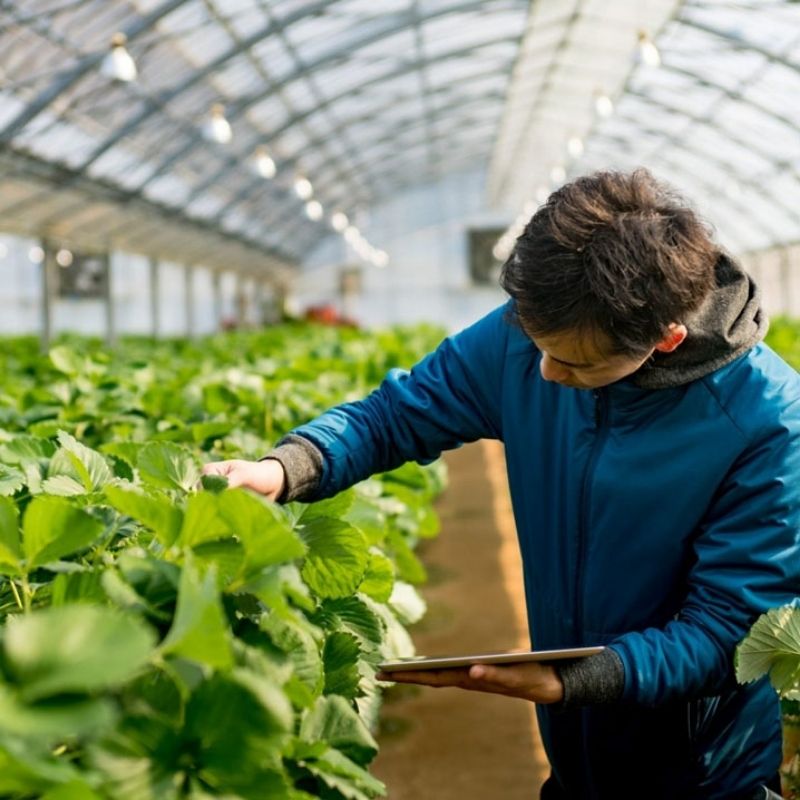B.Tech - Agriculture Engineering
B.Tech in Agriculture Engineering focuses on the application of engineering principles in agricultural production and processing, enhancing efficiency and sustainability in the agricultural sector.

The B.Tech in Agriculture Engineering program combines agricultural sciences with engineering principles to develop innovative solutions for modern agricultural practices. This four-year undergraduate program covers topics such as soil and water conservation, crop production technology, agricultural machinery, and food processing. Students learn to design, optimize, and manage systems and technologies that improve agricultural productivity and sustainability. The curriculum emphasizes hands-on experience through lab sessions, fieldwork, and industry projects, preparing graduates to address the challenges of the agricultural sector effectively.
Key Highlights of the Program:
The curriculum is structured over eight semesters, comprising core subjects, elective courses, and practical sessions.
Core Subjects:
Laboratory and Practical Sessions:
Electives and Specializations:
Smart Farming Technologies
To enroll in the B.Tech in Agriculture Engineering program, candidates must meet the following criteria: